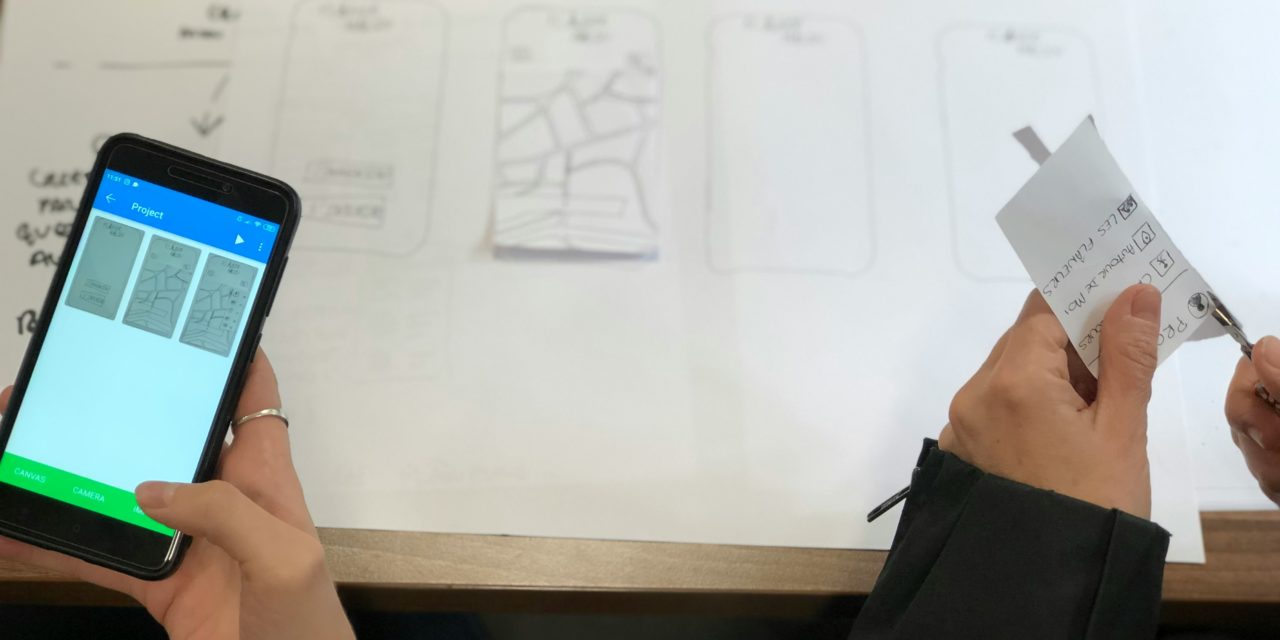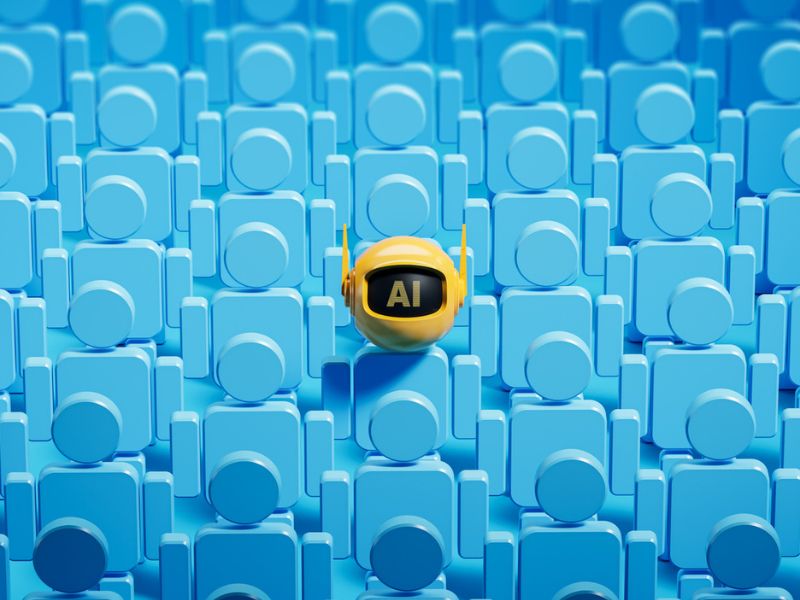Agentic AI is turning strategy into a positioning problem again. When machines decide what gets compared, ranked, and executed, familiar advantages stop working and comfortable middle-ground strategies disappear. The agentic positioning matrix is an attempt to map this new terrain ; not to predict winners, but to explain why some positions will remain viable, others...
test











